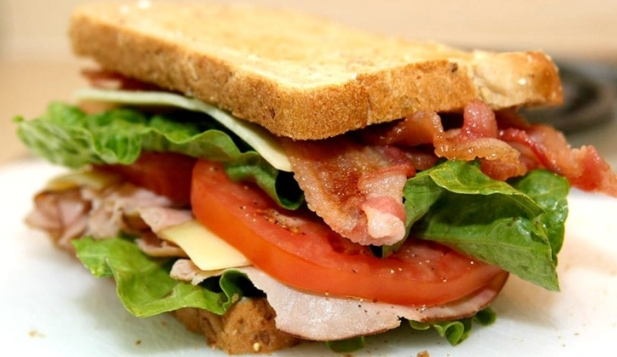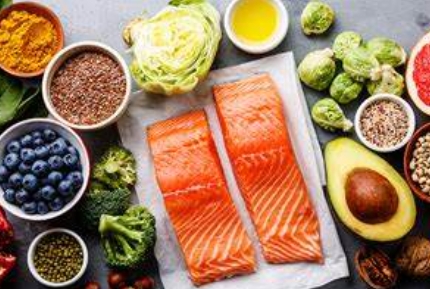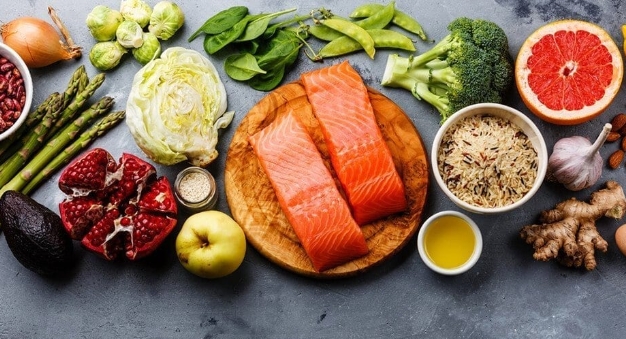In recent years, the term “clean eating” has gained significant popularity in the health and wellness community. The idea is to focus on whole, unprocessed foods while eliminating or minimizing highly processed, artificial items from your diet. While the principles of clean eating sound like a great path to better health, is it really the best approach for everyone? Let’s explore what clean eating actually means, its benefits, and potential challenges.
What Is Clean Eating?
At its core, clean eating encourages consuming foods in their most natural and unrefined form. This typically means eating whole fruits, vegetables, lean proteins, whole grains, nuts, and seeds. The emphasis is on foods that are minimally processed, without added preservatives, artificial ingredients, or excess sugars. Clean eating also encourages organic and locally-sourced foods, when possible, as they tend to be less processed and contain fewer chemicals.
The clean eating movement also advocates for eliminating or limiting certain foods, such as refined grains (like white bread and pasta), added sugars, artificial sweeteners, and heavily processed snacks and meats. For example, instead of grabbing a sugary granola bar from the store, clean eating would suggest making your own using whole ingredients like oats, nuts, and honey.
Benefits of Clean Eating
One of the primary benefits of clean eating is its emphasis on whole, nutrient-dense foods. Fruits, vegetables, lean proteins, and whole grains are packed with vitamins, minerals, antioxidants, and fiber—all of which support various bodily functions, from immune health to digestive health, and promote overall well-being. A clean eating approach can help you get the essential nutrients your body needs without the excess additives and empty calories found in highly processed foods.
Another benefit is weight management. Since clean eating eliminates or reduces refined sugars and unhealthy fats found in processed foods, it can naturally lead to fewer calorie-dense foods in your diet. The focus on whole foods can help you feel full and satisfied while maintaining a healthy weight. Plus, clean eating encourages portion control, as you’re consuming foods that provide longer-lasting energy and stabilize blood sugar levels.
Additionally, clean eating can improve energy levels. Highly processed foods often cause blood sugar spikes followed by crashes, leaving you feeling fatigued. On the other hand, whole foods provide a more consistent source of energy throughout the day, helping you stay focused and energized without the need for quick, sugary fixes.
Challenges of Clean Eating
While the benefits of clean eating are certainly appealing, the approach can present a few challenges. For one, clean eating can be time-consuming. Preparing meals from scratch using whole ingredients often requires more planning and cooking time compared to reaching for a packaged snack or meal. For individuals with busy schedules or limited access to fresh ingredients, sticking to a clean eating routine may feel like a daunting task.
Another challenge is the cost of clean eating. Whole, organic foods and fresh produce can sometimes be more expensive than processed options, which can be a barrier for people on tight budgets. However, there are ways to make clean eating more affordable, such as buying seasonal produce, purchasing in bulk, or choosing frozen vegetables when fresh options are too costly.
The strict nature of clean eating can also lead to a sense of restriction. Eliminating processed foods, sweets, and comfort foods entirely can make the approach feel unsustainable in the long term. For some, this may lead to feelings of deprivation or an unhealthy relationship with food. It’s important to strike a balance and understand that occasional indulgences can still be part of a healthy diet.
Is Clean Eating the Best Way to Eat?
While clean eating offers many health benefits, it’s not necessarily the best or most sustainable approach for everyone. For those who enjoy cooking and have the time and resources to dedicate to meal prep, clean eating can be an excellent way to boost overall health. However, for others, especially those with busy lifestyles, it may be more practical to follow a more flexible approach to healthy eating—one that still focuses on incorporating whole foods but allows room for convenience, variety, and the occasional treat.
It’s also important to recognize that balance is key to a healthy diet. Rather than focusing solely on the “cleanliness” of food, it’s important to consider the overall nutritional value of your meals. A diet full of whole foods like fruits, vegetables, lean proteins, and whole grains will naturally support your health, but it’s also okay to enjoy the occasional processed snack or treat in moderation.
The best approach to healthy eating is one that fits your lifestyle and promotes long-term wellness. Whether that means following a clean eating plan or adopting a more balanced approach, the key is to focus on eating nutrient-dense foods and developing a healthy relationship with food.
Conclusion
Clean eating can be a highly effective way to improve your overall health by emphasizing whole, minimally processed foods and eliminating unhealthy ingredients from your diet. While it has numerous benefits, such as improved energy, better weight management, and better digestion, it may not be the most practical or sustainable approach for everyone. Ultimately, the best way to eat is one that supports your lifestyle, provides essential nutrients, and promotes long-term health. Clean eating is just one of many paths to achieving a healthy, balanced diet, and it’s important to find the approach that works best for you.




